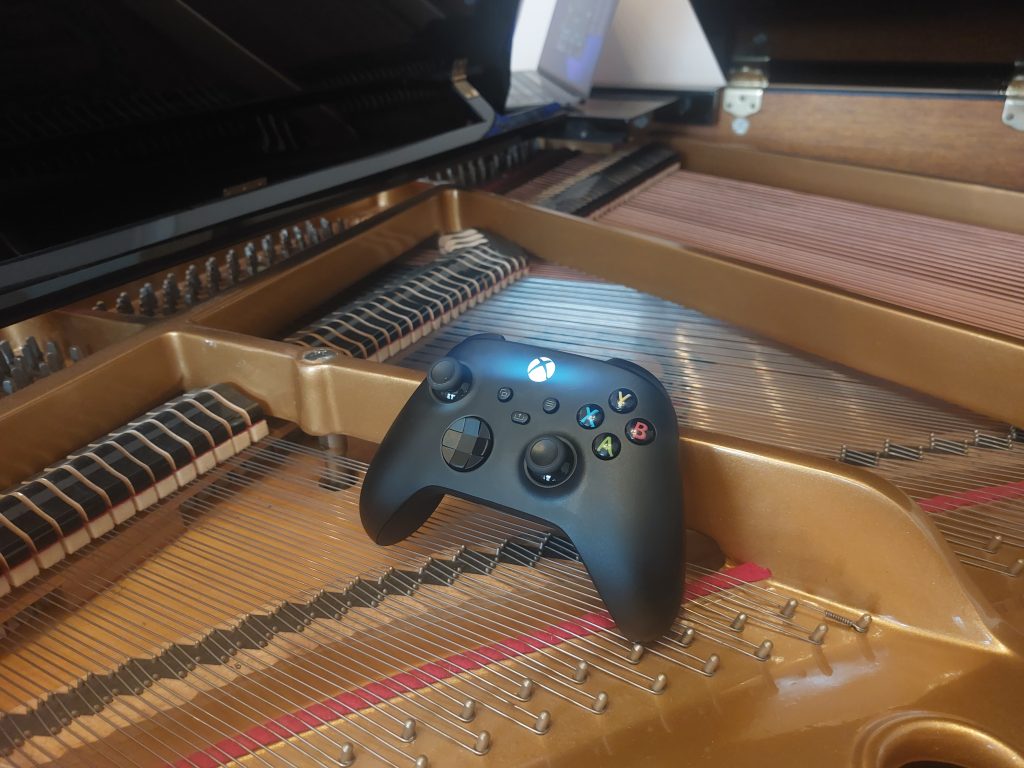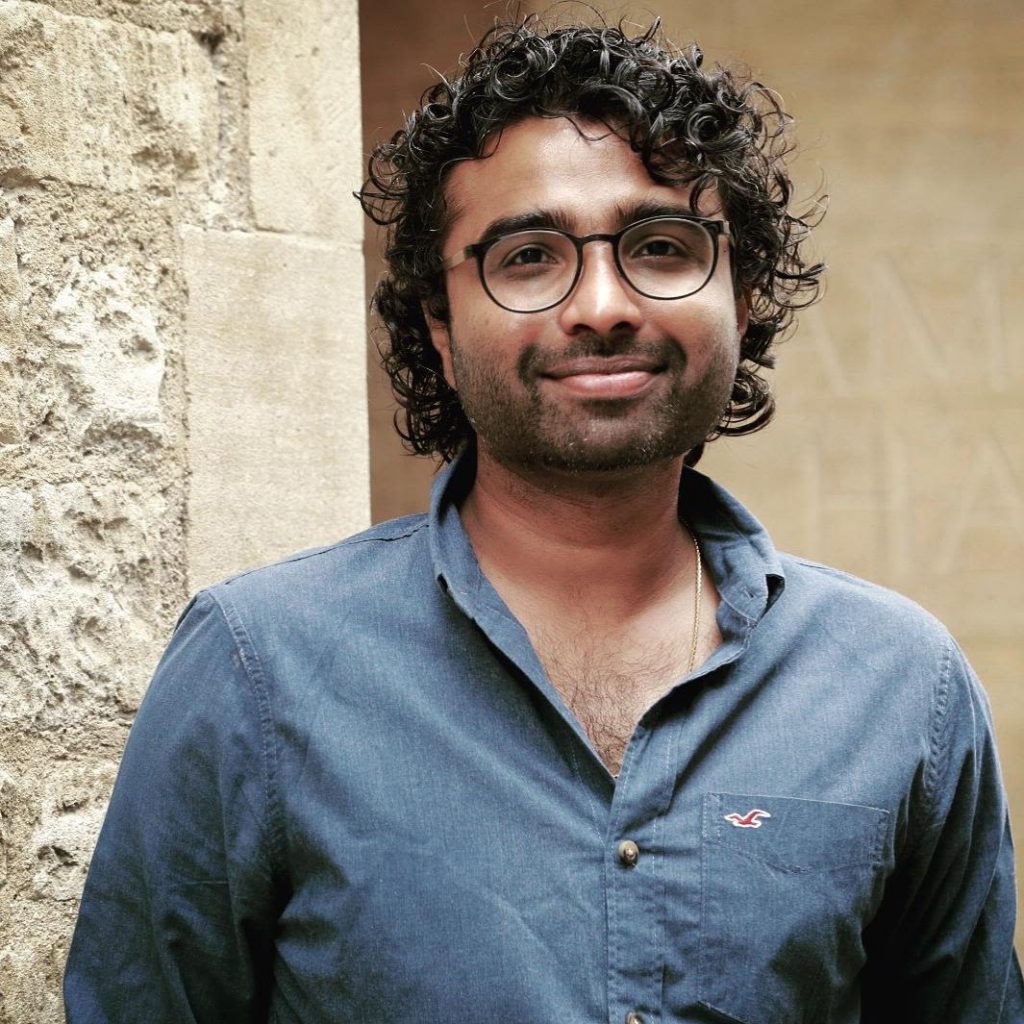The Hub’s Gaming Season features three events that celebrate the world of video gaming through the lenses of history, music, and inclusivity, and which bring together students, researchers, and industry professionals, to explore the innovations in gaming that are fuelling this growing field of academic research.
The season kicks off with the Inclusive Gaming Conference (May 1st). This one-day conference will discuss research initiatives, works in progress, and future directions for the academic study of inclusive gaming, through a series of roundtable discussions, talks, and interactive gaming experiences. It has been developed in partnership with the Oxford Games & Technology Group.
Over 60% of UK adults play video games, but there is still a lack of diversity in the ways we research, talk about, create, and play games. The conference aims to amplify voices not commonly heard in gaming spaces. The event organisers hope to facilitate discussions about accessibility, neurodiversity, decolonialisation, gender, socioeconomic barriers, and other factors which influence inclusivity in gaming. The conference particularly encourages the participation of people, and projects, that are not routinely represented in the gaming world. All projects which discuss, develop, or implement approaches to inclusive gaming, whether through critical engagement or play, are welcome.

On May 30th, the Digital Hub hosts PLAY: Music for Game Controllers with the House of Bedlam. PLAY is a creative collaboration exploring the possibilities of video game controllers in music composition and performance. It is supported by The Cultural Programme, PRiSM, the Centre for Practice & Research in Science & Music at the Royal Northern College of Music, and funded by the Research England fund Expanding Excellence in England (E3).

The PLAY project began with a question: what happens when we transform these controllers into musical instruments? What kinds of new music will emerge? How can music provide a space to examine themes shared by video games and musical performance, including control, identity, dexterity and – of course – play? To answer these questions, five new works for ensemble The House of Bedlam have been commissioned from a variety of UK-based composers. These exciting and diverse works break new ground, requiring entirely new approaches to composition and performance. The one-hour performance includes these five new works and existing music to be interpreted by traditional instruments and video game controller instruments. Composers and performers will share more about their creative processes, and there will also be a chance for audience members to try out the video game controller instruments themselves.
The Gaming Season’s finale is Hands-On History: Gaming Peripherals Past and Present on June 11th. The event explores the immersive world of gaming peripherals over the past fifty years. The evening will begin with a show-and-tell panel discussion by gaming heritage professionals, including Mark Cutmore (Science Museum, London), Prof. James Newman (Co-founder of the National Video Game Archive and Bath Spa University), and Harriet O’Rourke (Cambridge Centre for Computing History). As well as providing a historical adventure through the history of gaming, there will also be an opportunity to play with gaming peripherals from the 1980s to today. Expect to experience block stacking with R.O.B the Robot, musical jams with Donkey Konga, a real Mario Kart circuit with remote control karts, and much more!
Dr Janina Schupp, SOUTHWORKS Career Development Fellow of the Digital Hub, and curator of both the Gaming Season, and the wider Hub events programme, says, “There is a growing demand for academic conversations around the role of gaming in education and research, and the historical context of gaming in relation to arts and culture today. We are excited to announce this innovative programme of gaming events to enable those conversations to happen, and hope there is something for everyone working, studying, and playing in this dynamic and growing field of academic interest.”
For further information and to book tickets for the Gaming Season events, click here.
The Conference took place on 4 -5 October at Humboldt University Campus. Hundreds of students from across Germany attended, along with two MSc and two DPhil students from the University of Oxford (including Arun) whose papers were selected from 14 submitted as the result of a call advertised by the Oxford Student Union.
Arun investigates when it is safe to take patients in neurocritical care off ventilators, and he says, “I place great emphasis on networking in order to improve the quality and impact of my research, and founded an international network on my research topic, which has so far facilitated five online talks with guest speakers and attracted hundreds of attendees.”

DPhil student Arun Joseph presented ‘Ventilator Weaning and Extubation in Neurocritical Care’ at the 7th Nationwide Conference on Student Research
The Berlin conference therefore provided an exciting prospect for him to share his research through a presentation entitled ‘Ventilator Weaning and Extubation in Neurocritical Care’.
Arun found that his training and experience in talking about his research to a non-specialist audience stood him in good stead. He has developed an engaging narrative about his topic of study, which, he says “draws listeners in to the story of a patient with a traumatic brain injury and the team of health professionals who care for him”. His twenty-minute talk was one of four in the Health and Medicine parallel session, and was followed by a lively discussion.
He adds, “The conference was an excellent opportunity to network with people from different disciplines, which I’m hoping may lead to future collaboration”.
The Oxford Berlin Research Partnership was founded in the aftermath of the Brexit vote in 2016, when the University of Oxford negotiated a strategic research partnership with the four universities that make up the Berlin University Alliance: Freie Universität Berlin, Humboldt-Universität zu Berlin, Technische Universität Berlin and the Charité – Universitätsmedizin Berlin.
The partnership, formally established in 2017, aims to strengthen the direct ties between German and British researchers and students, and to deepen scientific cooperation. It covers all areas of academic research as well as initiatives involving the museums and libraries in both cities. The goal is to support cutting-edge research, including cross-cutting thematic and inter-disciplinary work; knowledge exchange and public engagement; and develop the careers of early career researchers and doctoral students.
For more information on Arun’s research, click here.